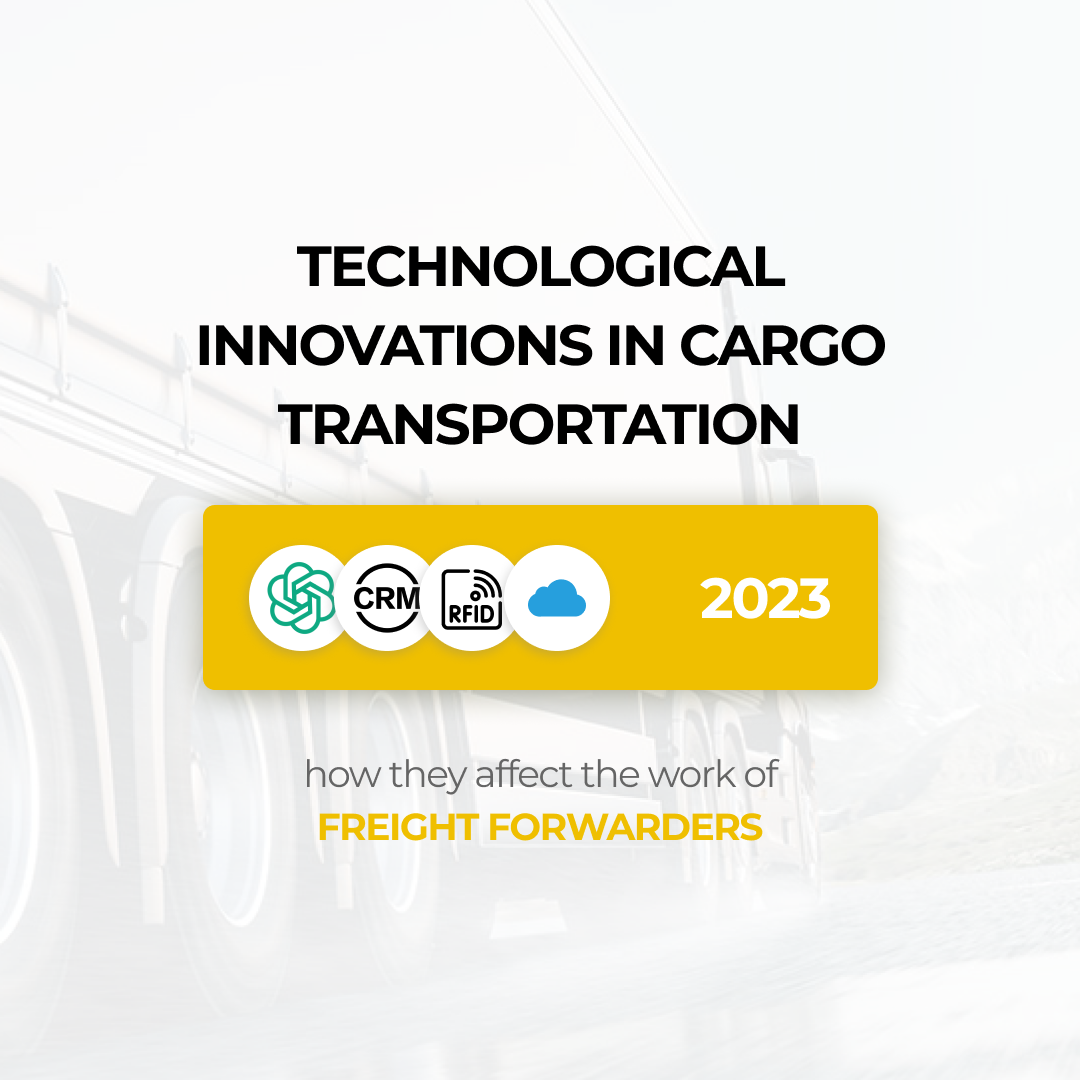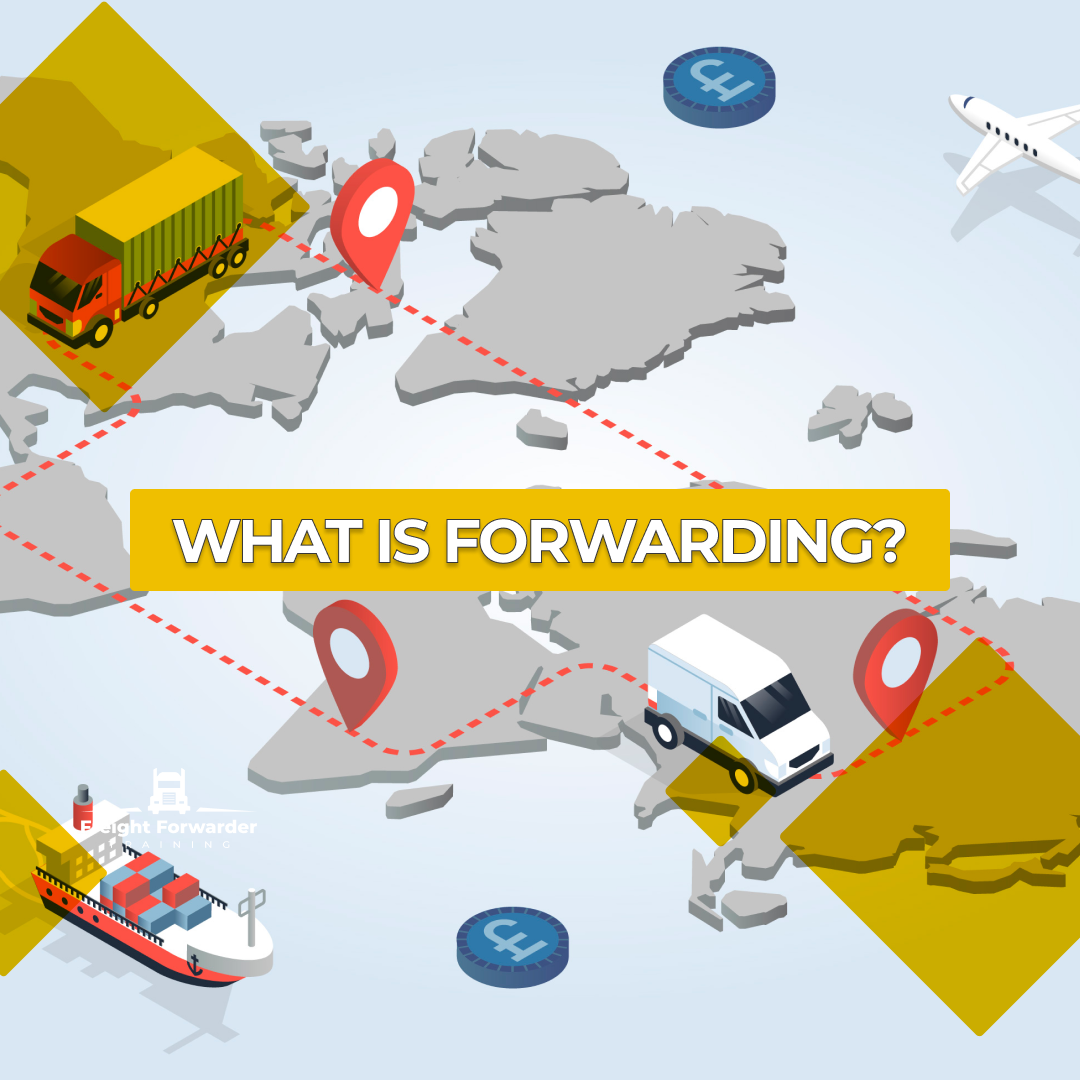The modern world is experiencing several revolutions in the field of transportation and logistics. Technological innovations are significantly changing the…

Technological innovations in cargo transportation: how they affect the work of freight forwarders
The modern world is experiencing several revolutions in the field of transportation and logistics. Technological innovations are significantly changing the traditional way of working in various industries, including freight transportation. In this text, we will discuss how technological advancements impact the work of freight forwarders and the advantages and challenges they present.
One of the key technological advancements in freight transportation is the automation and digitization of processes. Today, freight forwarders work with modern Transportation Management Systems (TMS) and software platforms that greatly facilitate and expedite their work. Electronic documents, online cargo tracking, automatic route generation, and delivery optimization—all of these help forwarders enhance the efficiency of their work.
One of the most noticeable benefits of technological innovations in freight transportation for forwarders is the reduction of time and resources required to accomplish tasks. Thanks to process automation, a forwarder can process requests, match cargo with transport, optimize routes, and manage all stages of delivery more quickly. This significantly increases productivity and reduces task completion time.
Another advantage of technological innovations is the improvement in transparency and control in freight transportation. Modern cargo tracking systems allow forwarders and customers to receive real-time information about the location and status of the cargo. This enhances delivery reliability and safety while improving communication among different participants in the logistics chain.
However, technological advancements also present some challenges for forwarders. Firstly, some specialists may need to reassess their skills and adapt to new systems and software. Workforce training becomes an important aspect of successful implementation of technological innovations.
Furthermore, with the rise of automation, there is a risk of job loss for forwarders. However, it should be noted that technologies also create new opportunities for development and the creation of new job roles. For example, there is a demand for specialists in transportation management systems, data analysts, and cybersecurity professionals.
Technological innovations in freight transportation have significantly transformed the work of forwarders by streamlining and expediting numerous processes. Forwarders have become more efficient in performing their tasks thanks to the automation and digitization of processes, as well as the increased transparency and control in the logistics chain. However, it is important to consider the challenges related to workforce training and potential changes in job structures. Overall, technological innovations are an integral part of the modern freight transportation industry, providing numerous opportunities for its development and improvement.
Our latest posts
Our latest posts

Technological innovations in cargo transportation: how they affect the work of freight forwarders

How to choose the right trucking service provider for your business?
Choosing the right freight transportation service provider plays a crucial role in efficiently organizing the logistics processes of your business….

What is forwarding and what is its role in cargo transportation?
Expedition is the process of organizing and coordinating cargo transportation from start to finish. It plays a crucial role in…















